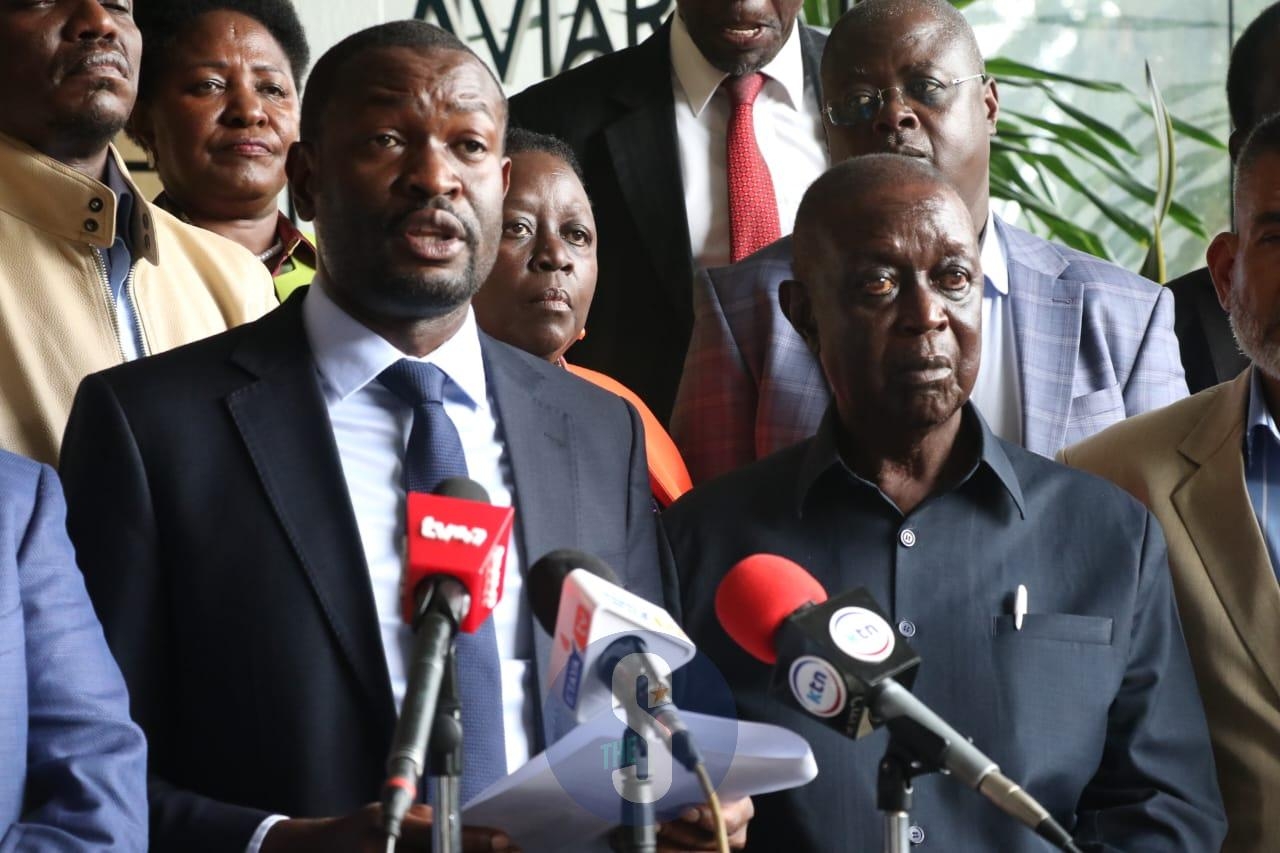Premier League clubs have been handed a boost in the market, after changes to the ruling in the transfer window freed up additional budget for player wages.
Each summer, and January, teams compete against each other to acquire the best talent while adhering to recruitment guidelines and spending within their means.
With Financial Fair Play (FFP) forever looming over top-level sides, Premier League teams have always been cautious when taking to the market. Now, however, a rule keeping check on wage bill increases has been removed.
As of July 1, an adjustment to the ruling system has increased the scope for clubs to buy players. As part of the transfer window, clubs have been governed and somewhat limited by Short Term Cost Control (STCC), which was brought into play in 2013. The STCC meant that any 12-month increase in player wages of above £7m had to be funded by new commercial deals.
However, this has now been dropped, meaning clubs have more room for manoeuvre when it comes to agreeing on wage deals with players.
Clubs no longer have to be as wary of the total costs of deals being handed out. Under the previous ruling, even if clubs could afford certain wage demands, this would have to be partly made up by the commercial deals in order to show an ability to generate cash flow and spend within their means.
The change is expected to benefit most clubs, though particularly those who regularly find themselves just below the main competing pack in the Premier League.
Those sides who finished last season in seventh to 10th place, for example, will now find themselves will more freedom to bring in players with the added bonus of being able to offer more enticing wages.
Last season those aforementioned position finishes included the likes of Wolves, Everton, Leicester and West Ham. These teams have, in previous years, showed both an ability and willingness to spend big in the transfer market.
Likewise, newly promoted sides who have the benefit of the financial windfall of reaching the Premier League will now be able to acquire players more freely, without an immediate worry of how to generate additional capital to show a balanced system.
While the transfer window is yet to truly kick into action this summer, a number of top Premier League teams have already gone about putting in some early work.
Manchester United’s early capture of Daniel James from Swansea and Aaron Wan-Bissaka from Crystal Palace showed an early emphasis on rebuilding with youth.
The two players, however, picked up huge wage rises as a result of joining the Red Devils, with Wan-Bissaka pocketing a near 1000 per cent increase after signing a five-year deal worth £80,000 per week.
Liverpool have likewise acquired youth with the signing of 17-year-old Sepp van den Berg, while Manchester City edge closer to triggering the £62.5m release clause of relatively unproven Spanish starlet Rodri from Atletico Madrid.












